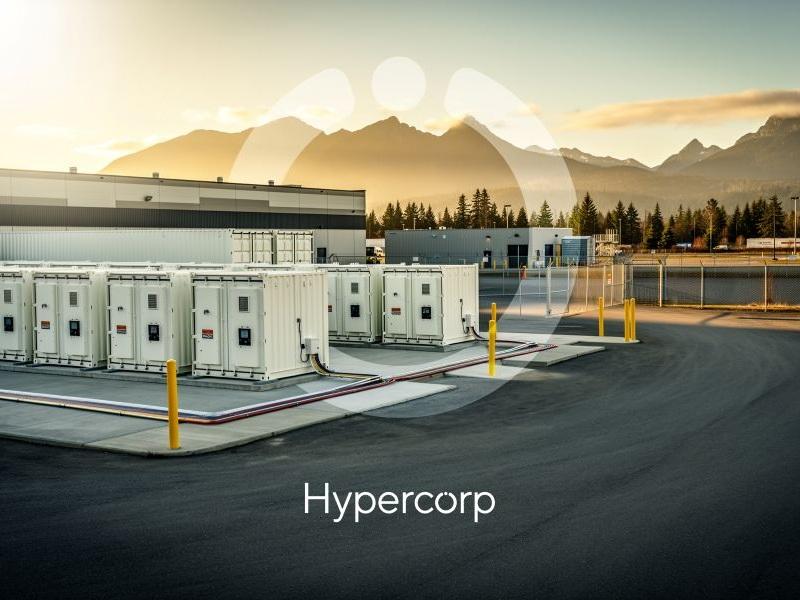
A Deloitte survey of business executives has found the number of Canadian organizations that have significantly boosted spending on sustainability has almost tripled from 2023, indicating a march toward greener businesses.
Deloitte polled 129 Canadian executives for the third edition of its CxO Sustainability Report. The results revealed the number who reported their companies are spending 20 per cent or more on sustainability rose from 13 per cent in 2023 to 36 per cent in 2024. Canadian companies more than doubled the global average of 16 per cent.
Seventy-eight per cent of the Canadians polled expect climate change to substantially impact their company’s strategy and operations over the next three years, compared to 70 per cent of international executives.
The findings suggest corporate sustainability efforts deepening, contrasting reports describing its decline, Usha Sthankiya, a partner at Deloitte Canada’s sustainable finance and ESG group, said in an interview with Sustainable Biz Canada.
“You could see that the executives feel it quite personally,” she said about results that found 85 per cent of Canadian executives are concerned about climate change all or most of the time. That is nine per cent above the global average.
How sustainability spending changed
The urgency to catch up on 2030 and 2050 climate targets, improve marketability, achieve cost savings and have better sustainability reporting are the main forces behind the surge in spending, Sthankiya explained.
Although more Canadian executives said they have seen significant increases in sustainability investments, the number who reported slight increases (between six and 19 per cent) was 54 per cent compared to 69 per cent worldwide.
No Canadian executive reported slight decreases in sustainability spending.
Decarbonizing business operations and spending on technology to refine sustainability reporting are the main areas of investment in Canada, Sthankiya said.
Canadian executives' top concerns
Canadian business leadership is broadly aligned with its global peers on the climate, but Sthankiya said a notable difference was that Canadian executives feel personally invested. That personal connection may be the biggest factor behind the uptick in heavy sustainability spending.
Canadian executives ranked below their international counterparts, by 10 per cent to 19 per cent, on feeling pressure from stakeholders such as an organization’s board, civil society, government, customers, competitors and banks.
Canadians were above the survey’s average by three to eight percentage points on saying climate issues are already impacting their business. This covers matters such as increased insurance costs, the cost of climate mitigation and backlash against climate action or ESG initiatives from stakeholders or governments.
Canada ranked below the global average for naming climate change a top-three issue. Thirty-one per cent of Canadian executives put climate change as a top-three pressing issue to address over the next year, compared to 37 per cent globally.
Sthankiya said she does not read much into the difference, as Canadian executives ranked other topics, such as economic outlook, changing regulations and competing for talent, at similar levels to global warming.
How climate is changing Canadian businesses
A plurality of Canadian executives (40 per cent) said their organizations are transforming business models to make addressing climate change and sustainability central to their strategy. Closely behind at 39 per cent was embedding sustainability considerations throughout the organization, while not shifting the core business model. The remainder was spread across “incremental process or operational changes to improve sustainability” and “ensuring compliance with regulatory requirements”.
Over half of Canadian executives said their organizations have already taken steps such as:
- developing new climate-friendly products or services;
- increasing insurance coverage for climate-related risks; and
- purchasing renewable energy.
Half said their company is building more climate-resilient operations, infrastructure and supply chains. Just under half reported lobbying for or making political donations in support of climate initiatives. Forty-four per cent responded their company is requiring suppliers and business partners to meet specific sustainability criteria.
The top four benefits from sustainability measures were better operating margins, elevated employee morale, enhanced customer satisfaction and loyalty, and revenue from existing businesses. Over the next five years, better organizational resilience, new revenue sources, innovation and cost savings are expected.
From Deloitte’s observation, environmental duties are being spread across an organization, showing it is less of a niche role for a sustainability officer and becoming a task for every executive and department.
“It’s easy to think that sustainability has gone away. Rather, the survey shows that it’s infiltrated into many parts of the organization to be actually most effective in achieving these goals,” Sthankiya said.
Getting past the barriers
The biggest obstacles to sustainability in the survey were the lack of solutions and demand for sustainable goods and services, the absence of a sustainability leader, worries over taking a climate stance that could affect business, and insufficient political support for change.
To clear the hurdles, Sthankiya recommended companies look at leaders that have embedded sustainability into their corporate strategies “so it is clear right from the top of the house how sustainability fits into the overall business model, how it fits into the strategy, how that gets reported and cascaded through the organization and ultimately reflected in the products and services."










